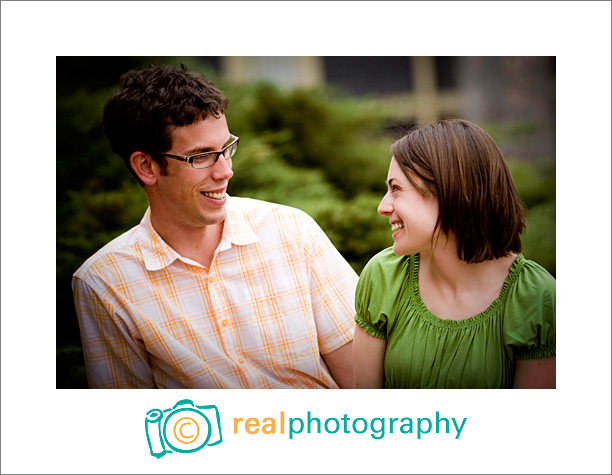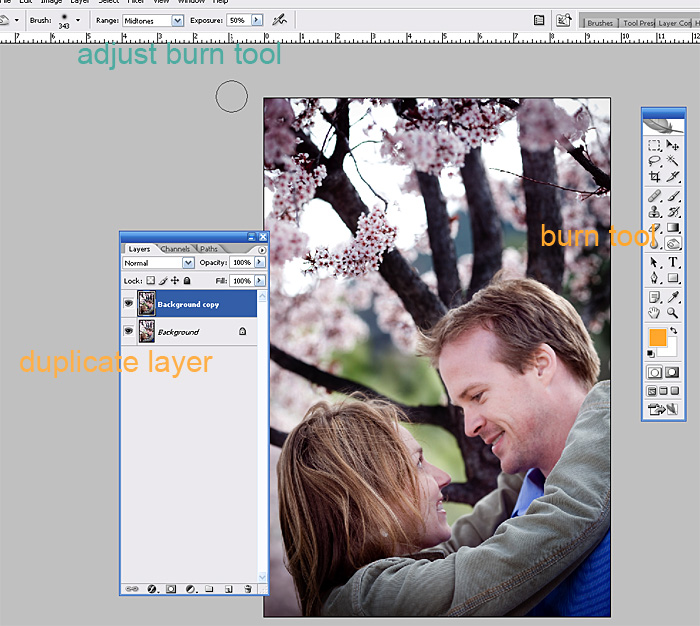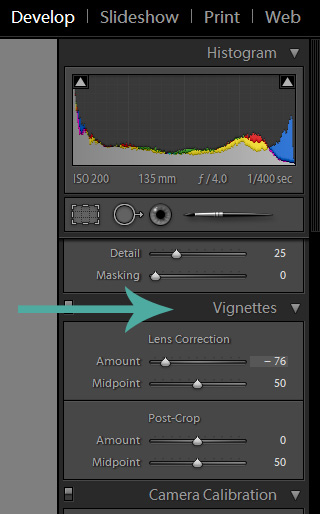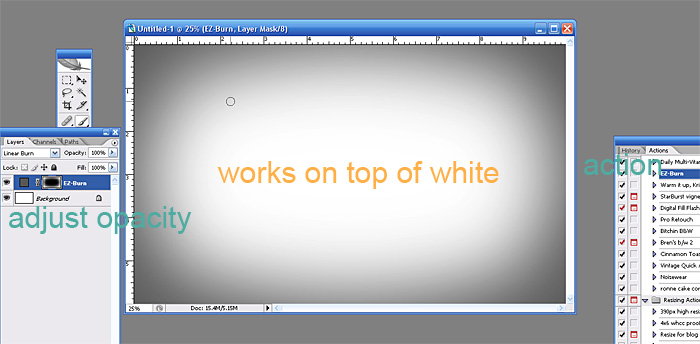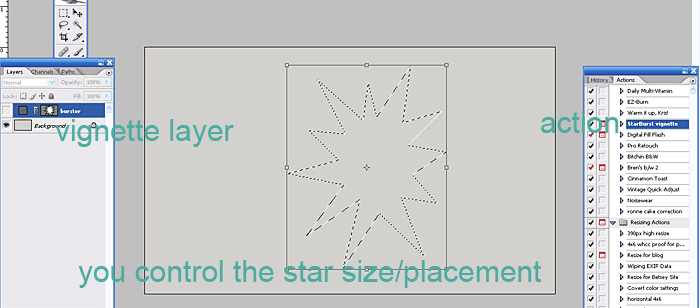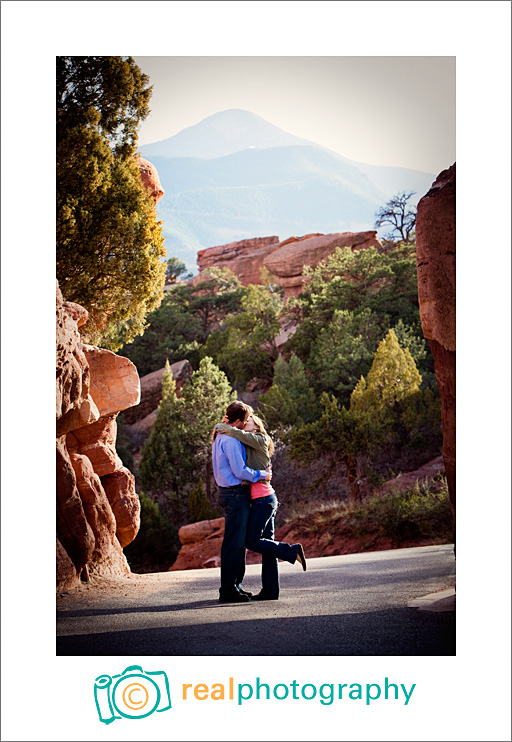RadioPopper Review
May 10, 2008
It’s intimidating to write a review about something that the Strobist has covered in a much more qualified way. But here I am, writing about it anyway, because it’s a new piece of equipment, and I was lucky enough to be in one of the first batches of people receiving it! (And because I think I came up with a clever “fix” for something I read someone complaining about.)
Who needs to read a review about RadioPoppers?
Professional photographers and seriously dedicated enthusiasts. This is definitely a blog post to skip if photography equipment doesn’t get you all weak in the wallet and you never plan on having more than one external flash.
What are RadioPoppers?
They go to great length on their website to avoid saying it, but I will. They are a newer cooler version of Pocket Wizards.
Pocket Wizards allow you to trigger many flashes when you take a picture. The downside is that you have to set the flashes manually–you can’t use the ETTL system. But the downside of using the ETTL system and not Pocket Wizards is that ETTL uses “line of sight”–your flashes have to see each other for it to work. So if you want to light up the wall behind a bride by sticking a flash behind her, it won’t work. If your flash can’t see the other flash, you’re dead in the water.
RadioPoppers solve that. You get to use ETTL, but the signal travels by radio, so you don’t have to worry about line-of-sight.
RadioPoppers are also fantastic for high speed sync issues.
My Genius Fix
The downside that Nic spotted (and I had read) was that it becomes sort of important that your receiver units stay on their flash because while the main box part is held on with velcro, the optical receiver (which I will call the “long tubey thing”) needs to be stuck to the appropriate part of the flash. RadioPopper recommends gaffers tape, which you could take off without gunking up your flash, but it would be inconvenient to do that every time you want to use it.
My solution? More velcro.
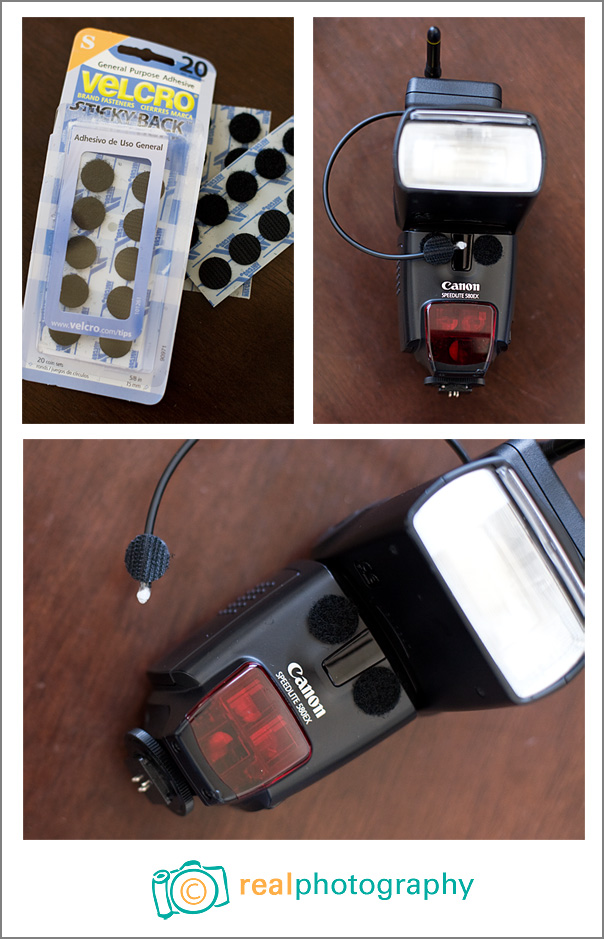
Adhere two sticky-back velcro tabs around the long tube thingy, put two other sticky-back velcro tabs on your flash, and voila! A way to easily remove and attach the radio popper receivers.
It has the added benefit of being a little more flexible–as you rotate your flash head around, you don’t need to worry about the long tubey thing (optical receiver) getting too tight. You can just attach it to whichever side works best.
Bottom Line: RadioPoppers are exactly what I was looking for as a solution for wedding and portrait work. Allows me to use ETTL without the restrictions of line-of-sight. And with a little extra velcro, they’re even better.
Posted in News

